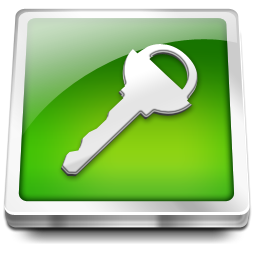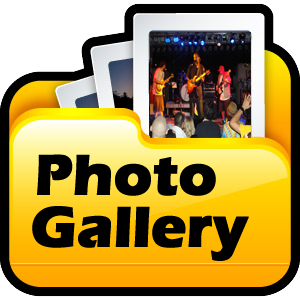About
Collaborating with Strangers workshops are a team effort by the UF Libraries to connect students and faculty to on-campus resources, networks and creative opportunities. CoLAB Planning Series® is a large group facilitative process that supports one-on-one “speed meetings” where participants quickly reveal their passions, skills and resources that may otherwise take months of conversations to uncover.
The goal of Collaborating with Strangers is to create a safe and engaging environment in which participants from various fields can meet each other, exchange ideas and, together, build new foundations to start or improve on campus-wide projects. To achieve this result the libraries will host six workshops, each consisting of 40-60 participants from a variety of academic interests and campus audiences, including undergraduate students, graduate students and faculty.
Post-workshop activities will enable participants to follow-up with “strangers” they couldn’t meet during the live workshop session through the CoLAB website. The goal of providing online access to participant information is to expand the impact of the workshop for learning about on-campus networks, promoting creative resource-sharing and inspiring collaborative project ideas. Participant profiles (created during the workshop) and photographs (taken at registration) will be posted and made accessible using Gatorlink logins. Participants also can access the information of those from other Collaborating with Strangers workshops.
To learn more about CoLABs’ beginnings, you can click on the article below.
Initial Steps to Create the CoLAB Planning Series®: workshops designed to spark collaborations and creativity through revealing and leveraging community assets
Abstract: This article is one in a series describing the workshops and facilitative methods know as CoLABs which are components of the CoLAB Planning Series(R). To-date, CoLABs have served close to 1,700 participants in Florida, Arizona, and Mayland at conferences and in academic and nonprofit environments. When complete, this group of articles will form the basis of a published guide for those interested in presenting or facilitating similar workshops in libraries, academic institutions, nonprofit or government sponsored organizations.





